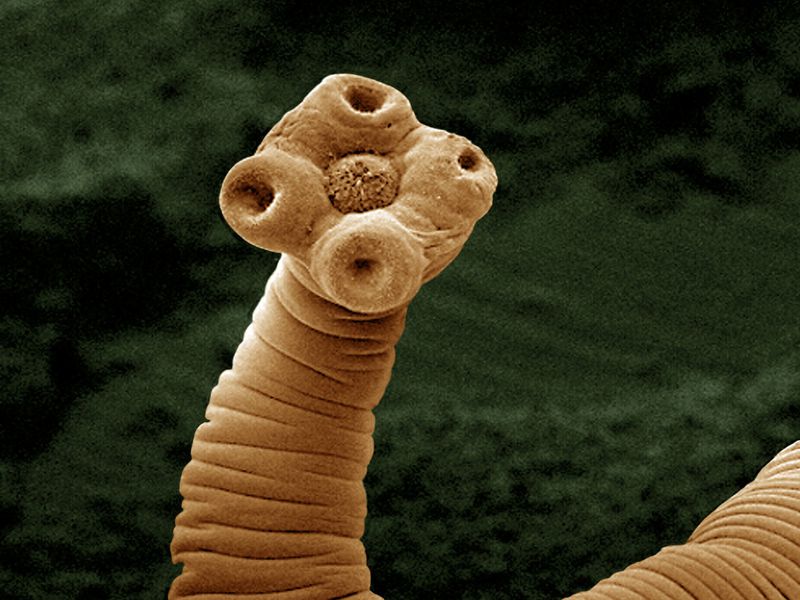F. Scott Fitzgerald once said “The test of a first-rate intelligence is the ability to hold two opposed ideas in mind at the same time and still retain the ability to function.”
I think he’s onto something.
Here is a good example. First, The Carter Center (President Jimmy Carter’s organization) has been working very hard to eradicate the Guinea worm, a very painful tropical disease that’s been neglected for far too long. This disease is actually a parasitic infection caused by the nematode roundworm Dracunculus medinensis. It’s contracted when people drink stagnant water contaminated with the larvae. I’ll spare you the gruesome details of the worm’s lifecycle, but the good news is that cases have been slashed from an estimated 3.5 million in 1986 to 25 in 2016. Soon, hopefully, it will be zero. (To learn more, go to https://www.cartercenter.org/health/guinea_worm/index.html.)
Second is a headline in the September 2017 Smithsonian VIP email entitled “Why We Need Parasites.” According to this report, losing all the parasitic species in our environment could have disastrous consequences because they play an important role in regulating the host populations and they help balance the overall ecosystem. For example, the tapeworm (pictur ed) doesn’t kill its host; that would simply deprive it of a home. The tapeworm is instead perfectly happy to hang around and subtract a few calories.
ed) doesn’t kill its host; that would simply deprive it of a home. The tapeworm is instead perfectly happy to hang around and subtract a few calories.
Why should we be concerned about this now? Because a recent study in the journal Science Advances warns that climate change could drive up to one-third of Earth’s parasite species to extinction by the year 2070. Mass die-offs are always bad news. UC Berkeley researcher Colin Carlson and the lead author said “One thing we’ve learned about parasites in the past decade is that they’re a huge and important part of ecosystems that we’ve really neglected for years.” So what would replace these species? What would be the overall impact to the ecosystem of losing that many in so short a time?
An organism like the Guinea worm shouldn’t be missed. But on the other hand, is it time to think about protecting parasites? The complete story is “The World’s Parasites Are Going Extinct. Here’s Why That’s a Bad Thing,” by Ben Panko (http://www.smithsonianmag.com/science-nature/parasites-are-going-extinct-heres-why-thats-a-bad-thing-180964808/? ).
